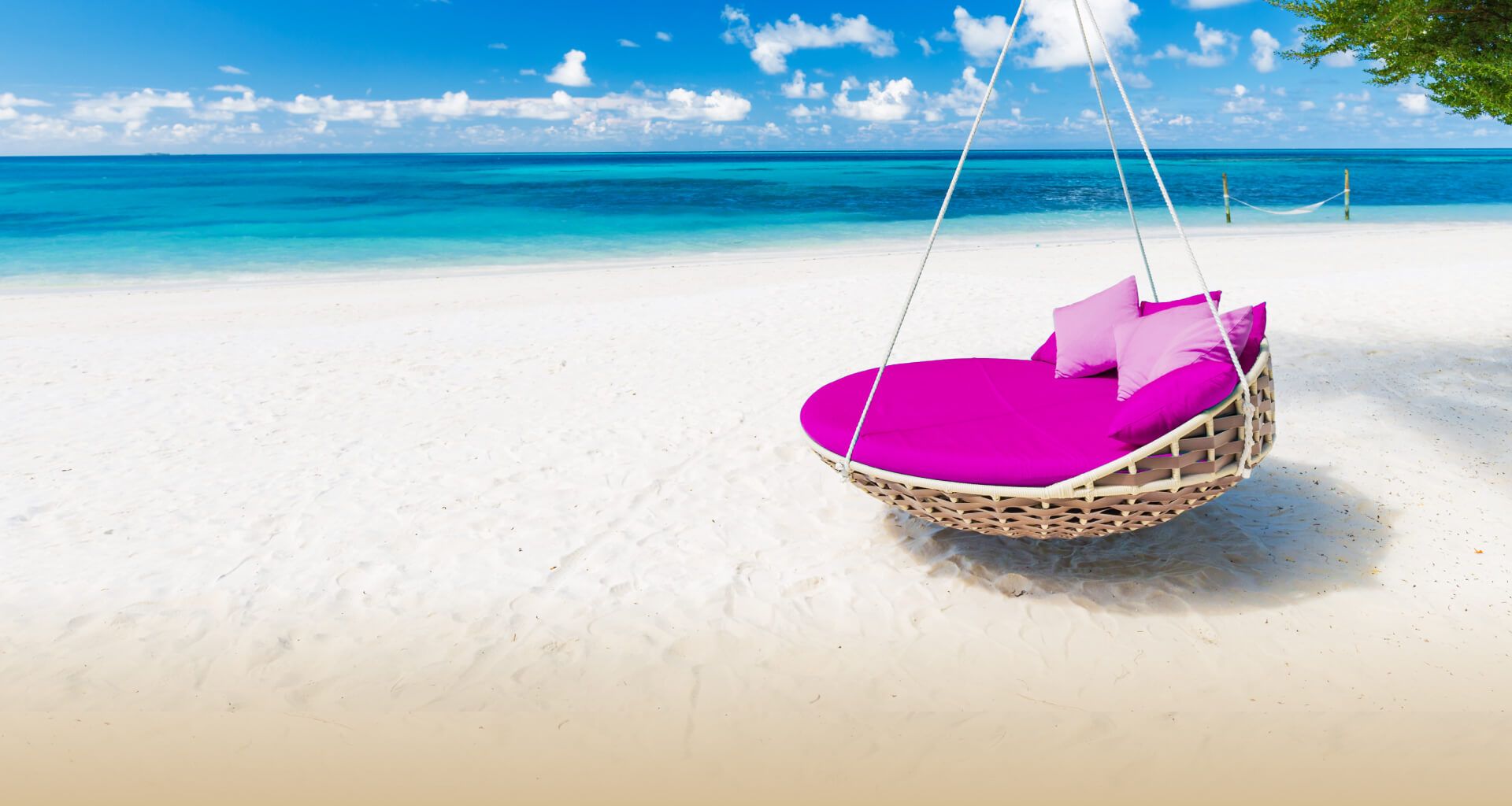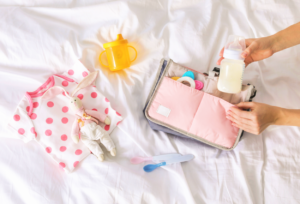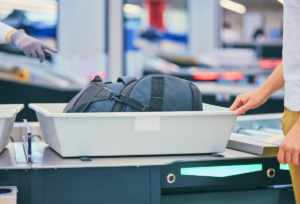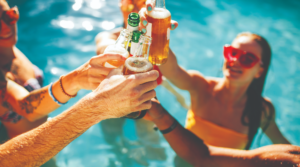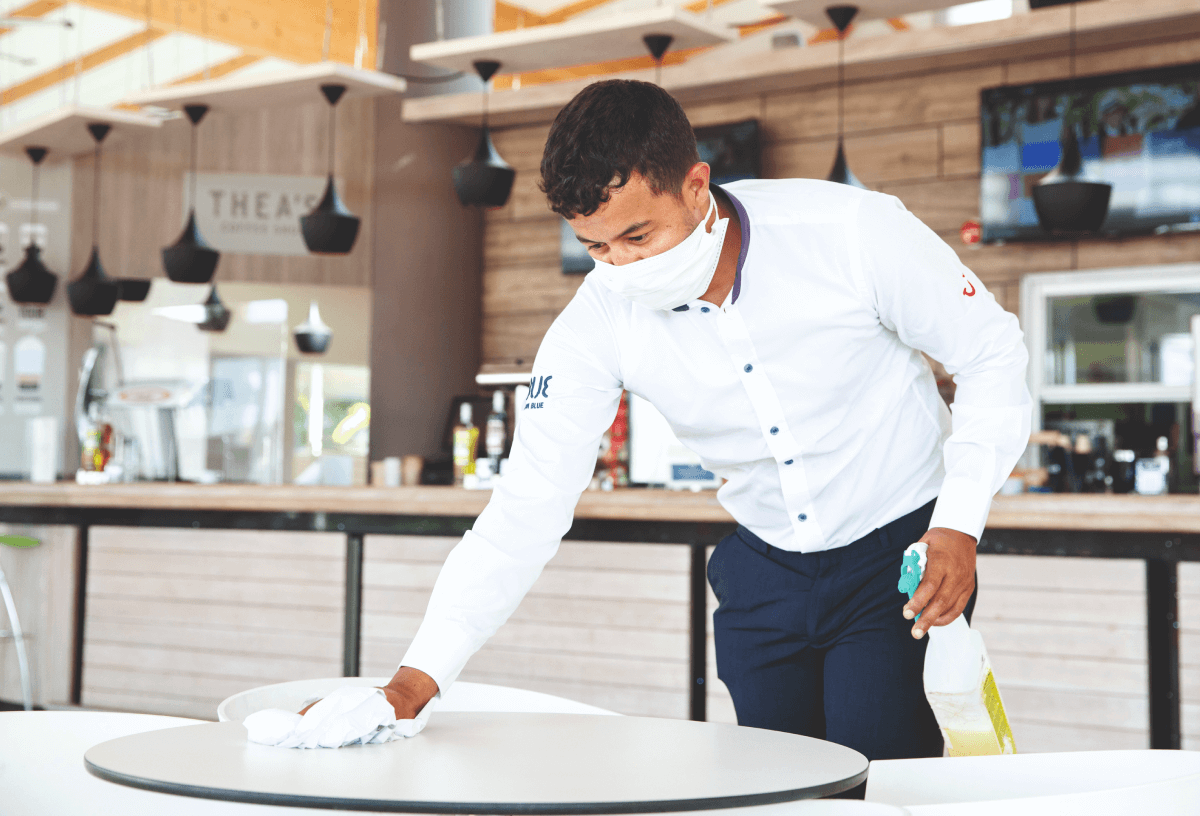
The pandemic has changed many things in the world and travel is definitely one of them. But, it’s not all doom and gloom! Though there are a few more steps to consider when booking your dream holiday, it doesn’t need to be a headache.
Here’s six things you should know that will make travelling in 2022 a breeze!
Vaccine Passports

Though being ‘double jabbed’ isn’t necessary to travel to most places around the world, it can make things a little easier! If you have received both doses of an approved vaccine more than 14 days before you travel, you will have a valid vaccine passport, ‘NHS COVID Pass’.
You can get your vaccine passport digitally using the NHS COVID App and you must ensure that your first and surname on your passport match the names on the COVID pass. Having a COVID pass may mean you are exempt from testing requirements to enter some countries, which we will cover next!
Testing

Testing rules for leaving the UK are dependent on which country you’re travelling to. You can find out information on entry requirements for all our destinations on the entry requirements table here.
The latest government announcement brought back the requirement to test before you return to England (please see the government website for Scotland, Wales and Northern Ireland’s rules). This rule came into play on 7th December 2021 and applies to anyone aged 12 and over, vaccinated or unvaccinated. You must show a negative test (PCR or lateral flow) before travelling home, and the test must be taken two days before you travel.
Before your journey, you must also book your PCR test for when you arrive back home. If you are unvaccinated, you must ALSO book a second PCR test for your arrival in England, to be taken on day 8 of your return.
Within two days of arriving back in England, you must take a PCR test. If you are fully vaccinated, you must self-isolate until you receive a negative result. However, if you are unvaccinated, please note that you MUST self-isolate for 10 full days when you return.
You can get home testing kits starting from just £35pp – see more here. Please refer to the government website for any further clarification on these rules.
Passenger Locator Forms

When travelling back to the UK, you must fill in a Passenger Locator Form. This form must be filled out before you travel and you will be required to show your form when you check in to travel or board the plane.
The form can be filled in and submitted any time in the 48 hours before boarding the plane for your journey home. Before completing the form, any tests required for returning to the UK must already be booked.
To complete the form you’ll need:
- your passport details
- your travel details, including times and dates
- the address where you will stay in the UK
- booking reference numbers for any COVID-19 tests you must take after arriving in the UK
- to say whether you are vaccinated and where you were vaccinated
If you’re arriving in England and using Test to Release, you’ll also need the name of the test provider you booked with.
Masks

Further to the ‘Plan B’ update from the Prime Minister, masks are now required in all indoor public places in the UK. This means that as soon as you step into the airport terminal, you will be now be required to wear a mask.
As well as inside the terminal, it will remain a requirement to wear a mask on the plane. You are permitted to remove your mask when eating or drinking but you must put it back on when you’ve finished.
When you reach your hotel, it is likely that you will be required to wear masks in public indoor spaces. Each country will have different requirements on wearing masks in public spaces, so it’s best to check the rules before you go so you can ensure to bring a couple of spares just in case!
Social Distancing

To protect yourself and others, many places will still enforce the social distancing rules. Please keep these in mind when moving around your hotel, in restaurants, shopping centres or other indoor spaces.
Even if there aren’t lots of signs or floor markings reminding you to keep your distance, many of us have gotten used to having a little space (and some of us prefer it!) so make sure to respect people’s wishes.
Cleaning

Even before the pandemic, hotel staff have always done an amazing job at keeping the hotels and our rooms nice and clean. When you next travel, you may see the cleaning staff out and about more often. But don’t worry, this doesn’t mean things are more unclean than usual – in fact, quite the opposite! More regular cleaning ensures touchpoints throughout the hotel are keps germ-free.
Housekeepers always do a fabulous job at keeping our rooms clean during our holiday. However, some hotels may offer reduced visits throughout your stay to help keep their housekeeping staff safe. This shouldn’t affect your stay, and if you do require clean towels, fresh toiletries or something else, your hotel reception will be happy to help.
Alternatively, if you’d rather the housekeeping staff didn’t visit your room during your stay for a turndown service, to reduce the number of people you come into contact with, you can also request this at your hotel reception.
Happy Holidays!
We hope these pointers help to make going on holiday the stress-free and fun activity it should be! If you have any concerns, or need some guidance or reassurance, you can contact our friendly customer service team using the ‘Live Chat’ function on our website.

